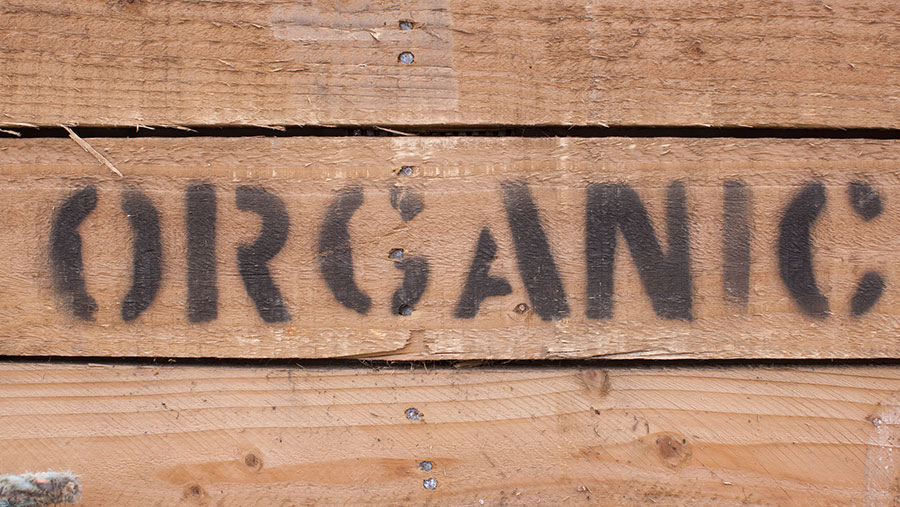UK organic food sales hit record levels
 © Tim Scrivener
© Tim Scrivener Sales of organic food and drink in the UK hit their highest ever level in 2017, worth a total of £2.2bn to the economy, according to a new Soil Association report.
The total UK organic food and drink market grew by 4.2% (supermarket and convenience stores) to surpass its 2008 pre-recession peak, now accounting for about 1.5% of the total UK food and drink market.
The organic market has now experienced six years of steady growth in the UK, with sales of organic products up by 6% in 2017, while non-organic sales increased by just over 2% across the same period, said the report.
Where did sales increase?
Supermarkets were by far the largest vendors of organic food and drink, with 67% of total sales in the UK last year with Sainsbury’s, Tesco and Waitrose claiming 70% of this market space.
The large retailer market increased by 4.2% to £1.48bn in sales in 2017, with 59% of total baby food, 9.3% of yoghurts, 8.2% of eggs and 6.9% of milk sales being organic, said the report.
See also: Arla to acquire Yeo Valley Dairies
The report added that despite new listings in discounted supermarkets Aldi and Lidl helping to drive growth, many big names were still not taking full advantage of internet sales retail by offering exclusive online extended organic ranges.
Strong growth was also seen in the independent retail, home delivery service and in food service, up 9.7% to £359.3m, 9.5% to £258.8m and 10.2% to £84.4m in 2017, respectively.
Which foods drove growth?
The largest drivers of organic food growth were dairy products, accounting for 28.7% of total organic food products sold at retail, 3.1% higher than the previous 12 months.
Milk sold into the food service sector achieved a 15% increase in volumes over the year, with more than one-quarter of all organic sales in food service coming from milk.
Fresh produce made up 24% of total retail sales, up 6.5%, while meat, fish and poultry accounted for a further 10.2%, up 4.1% compared with 2016.
What is the future for UK organic food and drink?
The Soil Association report highlighted that fully organic land in the UK dropped by 2.5% in 2016 to 508,000ha – which included 25,200ha of landed being converted to organic.
The total number of organic producers also fell by a single percentage point compared with 2015, to 3,398 producers, but this was offset by a 14% jump in organic processors, up to 2,804 in 2016.
Current organic sales growth rates should be maintained, meaning the market size will be worth £2.5bn by 2020, predicted the Soil Association.
The report added that sales would be boosted by shoppers continuing to choose healthy options and seeing organic as an endorsement of a quality product.
Brexit questions
Brexit will likely have the greatest effect on the growth of the UK organic food and drink market, with food bills often among the first to be cut at times of economic hardship, as seen after the 2008 recession when the market lost 21% of its value in three years.
A leaked government Brexit impact assessment indicated every region outside of London would be worse off in a no-deal Brexit situation, which could prove critical for the organic food sector that sells two-thirds of products in UK regions outside of the capital.
